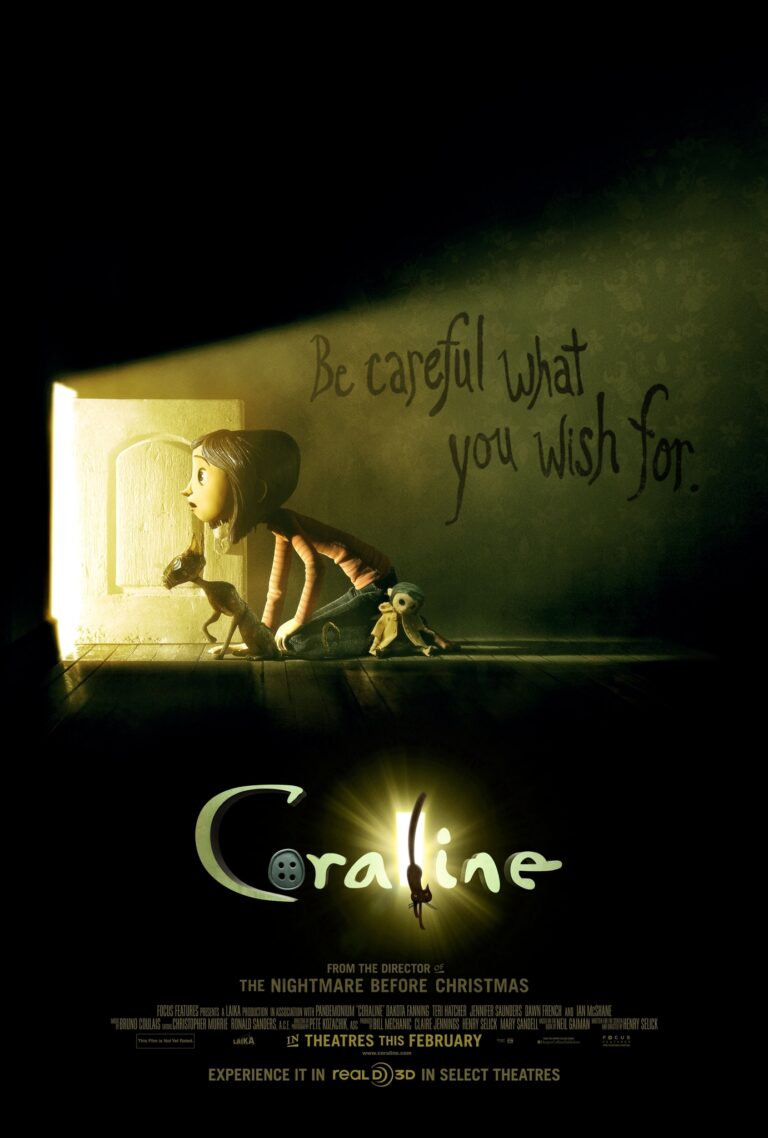Intercepted Christian Review

War documentaries — they’re all over the place these days. Every new one seems to promise a new angle, a new piece of history revealed, a new set of lessons to be learned. But Intercepted, despite its seemingly standard premise, manages to do something different. It doesn’t just document events. It forces you to get uncomfortable. Forces you to look right into the face of evil and ask what you see looking back at you. It doesn’t give you neat explanations or reassuring conclusions; instead, it drags you through the emotional mud of war and leaves you there, breathless and shaken, forcing you to confront the darkness in your own soul.
From a Christian lens, this is a tough movie to grapple with. It’s not your typical Sunday afternoon viewing — it’s brutal, raw, unflinching. But that’s exactly why it’s worth talking about. There’s no comforting heroism or convenient triumph here. It’s a film that’s unsettling not because it’s grotesque or gory, but because it’s so painfully human. It’s a story about broken people doing terrible things, sometimes out of malice, sometimes out of fear, and sometimes — perhaps most disturbingly — out of sheer, numbing routine.
Facing the Reality of Evil: Where the Monsters Wear Human Faces
What makes Intercepted stand out from the deluge of other war films and documentaries is its refusal to simplify things. There are no black-and-white dichotomies here. It’s not interested in portraying the soldiers as either heroes or villains. Instead, it captures them in all their terrifying complexity. One moment, a soldier is committing a horrendous act of violence; the next, he’s on the phone with his mother, his voice soft, almost childlike. It’s a chilling reminder that the perpetrators of violence aren’t faceless monsters — they’re human beings. And they’re often just as broken and lost as the victims they leave in their wake.
As Christians, this is a difficult truth to accept. It’s easier to see evil as something foreign, something “other.” But the Bible is clear: sin is something that dwells in all of us (Romans 3:23). Every person, every soul, is capable of unspeakable evil under the right conditions. This film doesn’t just show us that reality; it rubs our noses in it. Watching these soldiers, with their casual cruelty and brief flashes of vulnerability, we’re forced to confront the uncomfortable question: If we were in their shoes, would we be any different?
The Soul in the Crossfire: When War Breaks Everything Down
Then there’s the matter of the civilians — those who didn’t choose to be part of the war but are caught in the crossfire nonetheless. Intercepted doesn’t let us forget about them, either. In fact, some of the most heartbreaking moments come from these ordinary people, just trying to live their lives in the midst of chaos. A woman, standing in front of what’s left of her home, staring blankly at the camera. A father, holding his sobbing child, his face a mask of helpless rage. These scenes are quietly devastating, and they linger long after the screen fades to black.
For a Christian, this is where the film hits the hardest. We’re called to be peacemakers, to love our neighbors, to stand up for the oppressed (Matthew 5:9; Isaiah 1:17). But watching Intercepted, you can’t help but feel overwhelmed by the sheer magnitude of the suffering. What can one person do in the face of so much pain? It’s a question the film doesn’t answer. It simply presents the suffering, forces us to confront it, and leaves us to wrestle with our own inadequacy.
Caught in the Web: The Viewer’s Role in Bearing Witness
One of the most striking aspects of Intercepted is how it positions the viewer. You’re not just a passive spectator here. The camera work, the framing, the sound design — everything is designed to make you feel implicated. There are no sweeping orchestral scores, no dramatic voiceovers to guide your emotions. Just the cold, stark reality of war. It’s almost suffocating in its intensity, trapping you in the moment and making it impossible to look away.
In a strange way, this approach mirrors the Christian concept of bearing witness. James 4:17 says, “So whoever knows the right thing to do and fails to do it, for him it is sin.” The film doesn’t tell you what the right thing is, but by showing you the horrors of war in such unflinching detail, it places a moral burden on you. You can’t claim ignorance. You know now. The question is, what will you do with that knowledge?
The Dehumanization of Soldiers: When Survival Means Losing Yourself
There’s another layer to Intercepted that makes it especially harrowing: its exploration of how war doesn’t just kill the body — it kills the soul. Over and over, the film returns to this theme of dehumanization. The soldiers are encouraged to suppress their humanity, to see the enemy not as people but as targets. And in doing so, they lose a piece of themselves. There’s a scene where a young recruit is reprimanded for hesitating to pull the trigger. His superior officer tells him, “Compassion is weakness.” It’s a chilling line, delivered with such cold indifference that it feels like a punch to the gut.
For Christians, this is heartbreaking to watch. We’re called to be compassionate, to show mercy, even to our enemies (Luke 6:27-36). But in the world of Intercepted, those virtues are liabilities. They’ll get you killed. The film forces us to confront the fact that in the brutal logic of war, the things that make us human — love, compassion, empathy — are often the first casualties.
Final Reflections: A Sobering Call to Prayer and Action
So, where does this leave us? Intercepted is not a film that offers easy answers. It doesn’t give you the satisfaction of a happy ending or the comfort of a clear moral. It’s a bleak, harrowing look at a conflict that’s still ongoing, a conflict that has torn apart countless lives and left deep scars on all who’ve been touched by it. But for those willing to endure its brutality, it’s a powerful call to action.
From a Christian perspective, the film is a reminder of the need for prayer, for compassion, and for peacemaking. It’s a reminder that, as followers of Christ, we are called to be light in the darkness — even when that darkness seems overwhelming. Watching Intercepted, I was reminded of Jesus’ words in Matthew 9:36: “When He saw the crowds, He had compassion for them, because they were harassed and helpless, like sheep without a shepherd.” There’s a desperate need for that kind of compassion in our world today.
So, would I recommend this film? Yes, but with caution. It’s not for everyone. It’s not a film you watch to be entertained. It’s a film you watch to be challenged, to be disturbed, to be reminded of the reality of evil and the need for redemption. I’d give Intercepted a 7 out of 10. It’s not a perfect film — its bleakness may turn some away, and its unrelenting intensity can be overwhelming. But it’s a necessary one, a film that forces us to look at war not as an abstract concept, but as a brutal, devastating reality that leaves no one untouched.
In the end, Intercepted doesn’t offer hope. But maybe that’s okay. Maybe it’s up to us to be the hope — to pray, to act, to love, even in the face of unimaginable darkness.






